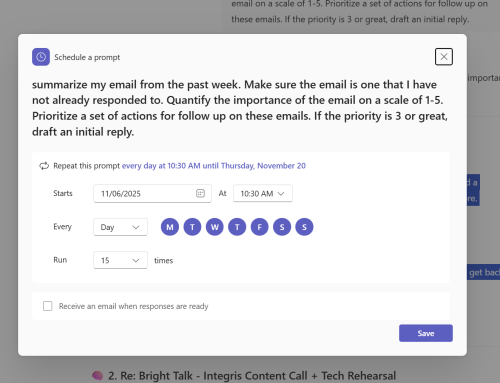
UK law firms face the delicate challenge of embracing AI innovation without compromising the confidentiality standards their clients rely on. AI has an extremely wide scope and is capable of an extraordinary range of tasks, helping to optimise and streamline operations within a law firm and increase the benefit to clients. However, AI is not perfect by any means, and there have been significant concerns surrounding the use of AI where sensitive or confidential information is involved due to the inherent risk of oversharing and, ultimately, data breaches.
Read on to learn how firms can make use of AI and new technologies to innovate whilst still complying with data protection laws and safeguarding sensitive client information.
Establishing Clear AI Usage Policies
Clear AI usage policies are essential for UK law firms to innovate responsibly while keeping client data protected. As lawyers well know, rules and policies keep things under control and avoid things spiralling. Having clear principles for the use of AI where client data and confidential information is concerned can help to avoid the worst case scenario.
This could involve defining which AI tools can be used, specifying what types of client data they can process, setting rules for human review of AI outputs, and creating guidelines for staff training and accountability.
Ensuring Compliance with Data Protection Laws
UK law firms must prioritise compliance with data protection laws, including the UK GDPR, when implementing AI technologies. Its is also important to consider professional obligations under the SRA code of conduct which may related to the use of AI. This means taking a cautious approach to integrating AI into the day-to-day and always maintaining a holistic view of the use of AI. Ultimately, law firms must weigh up the benefit the AI can bring to their operations with the potential cost of a data breach on their client and their reputation.
This could involve conducting regular audits of AI systems, monitoring AI agent activity, ensuring robust security measures are in place, maintaining accurate records of data processing activities, and providing staff with clear guidance on lawful handling of client information to minimise risk and maintain trust.
Maintaining Human Oversight In AI
Maintaining human oversight is essential for UK law firms integrating AI into their workflows. Whilst AI has become significantly more sophisticated in recent years, it is still not perfect and regularly makes mistakes, so having a human being oversee its output is essential to avoid costly mistakes.
By ensuring that qualified staff review AI-generated outputs and the activity of AI agents, firms can identify potential errors, mitigate biases, and make informed decisions. Human oversight also reinforces accountability, ensuring that responsibility for critical decisions remains with legal professionals rather than relying solely on automated systems.
Future-Proofing Your Firm
The AI era is in full force and shows no signs of stopping any time soon, so UK law firms should be looking to future-proof themselves as much as possible ahead of this.
This could involve actively engaging with emerging AI trends, participating in industry collaborations to shape best practices, or building scalable IT infrastructure that can adapt to new technologies and regulatory changes over time.







